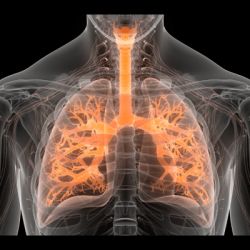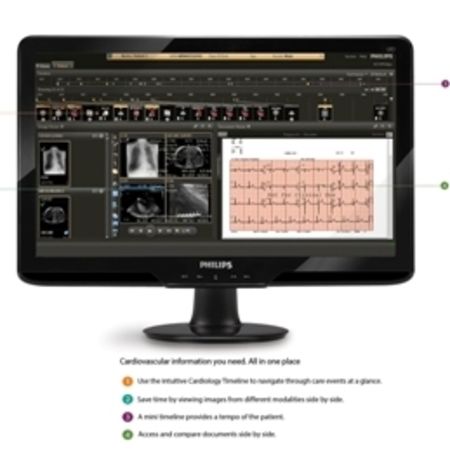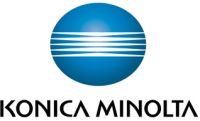Insights-driven approach seamlessly connects people, technologies and care protocols across the health continuum improving outcomes and the cost of healthcare delivery
Royal Philips (NYSE: PHG AEX: PHIA) today announced its presence at the ESC Congress 2015, where the company is showcasing its latest cardiology solutions, including Heart ModelA.I., EchoNavigator and IntelliSpace Cardiovascular, that connect people and technology with care protocols to assist diagnosis, guide treatment and enable home care.
Visitors to the Philips booth (#G200) will experience Philips’ holistic approach to cardiovascular care, featuring its best in class digital tools and capabilities for image guided therapy and ultrasound, intravascular imaging and sensing, treatment, patient monitoring, healthcare IT and advanced software applications driving advancements in predictive and precision medicine in cardiovascular care.
“Holistic cardiovascular care looks beyond the disease to understand what really matters for all involved along the patient journey” said Bert van Meurs, General Manager, Image Guided Therapy for Philips. “Our patient-centric solutions enable novel and effective minimally invasive procedures to diagnose and treat cardiovascular disease. These solutions also support physicians when assessing disease states, help decide and guide the right treatment and confirm whether interventions were successful. In addition, our recent acquisition of Volcano will increase our capabilities to deliver this support to both physicians and patients”
The ESC Congress 2015 is the largest and most influential cardiology event in the world, and will showcase the industry’s most promising research and leading innovations. Throughout the event, Philips and their physician partners will participate in several Satellite Symposia and hands-on tutorials on topics including anatomical intelligence and peri-interventional imaging, discussing the latest advances in diagnostic and interventional echo.
Philips’ newest ultrasound technology cardiac tool, HeartModelA.I., which brings automated 3D views, robust reproducibility and advanced quantification to cardiac ultrasound imaging, will make its European debut at the Philips Booth (#G200). Philips will also offer demonstrations at the booth of its advanced imaging and ultrasound solutions designed for every step of the patient journey, including:
Delivering More Confident Decision-Making
· HeartModel – part of a suite of new tools and technologies available on Philips’ EPIQ Ultrasound system designed to enhance automation and reproducibility, and helps to address some of the most critical strains on overburdened hospitals and healthcare systems challenged to provide higher quality care at lower costs
· IntelliSpace Cardiovascular – this workspace gives access to the full range of images and includes a cardiac history timeline to provide a comprehensive overview of the patients’ care along the health continuum
· Minicare 1-20 Acute* – A user-friendly handheld point-of-care blood testing platform that speeds up clinical diagnosis by providing results within minutes
Guiding the Optimal Treatment Path
· EchoNavigator – Fuses live 3D TEE and X-ray in real time to provide image guidance in the 3D space, supporting physicians in complex structural heart procedures to decide, guide and confirm the optimal treatment path, enabling better patient outcomes and more cost effective care
· AlluraClarity – simplifies procedures and improves workflow, while delivering excellent image quality at lower dose
· Volcano IVUS (intravascular ultrasound) - provides detailed and accurate measurements of the vessel and over a wide range of clinical studies has been shown to help ensure accurate stent expansion and apposition and a reduced need for x-ray imaging
Source and image credit: Philips News



























